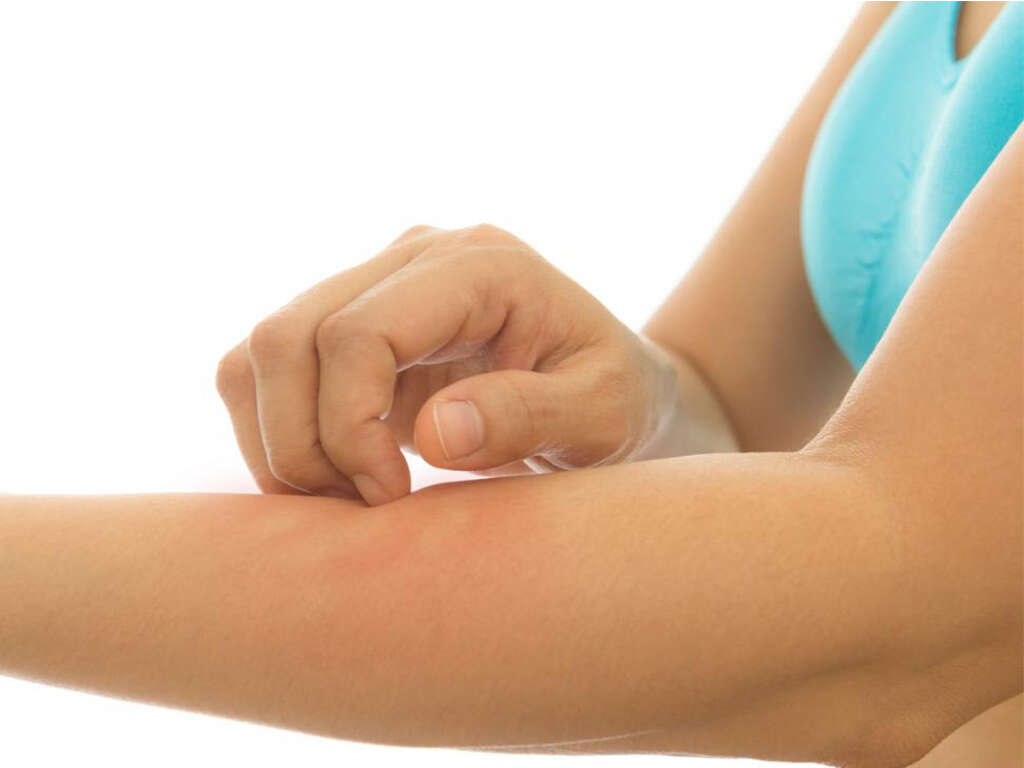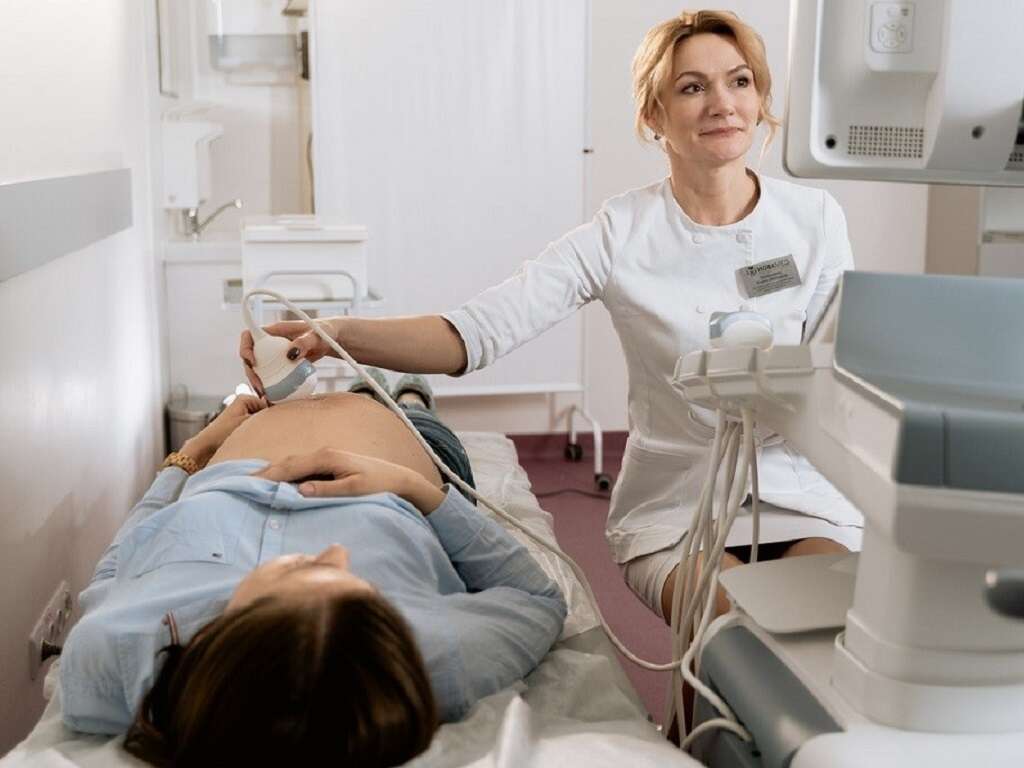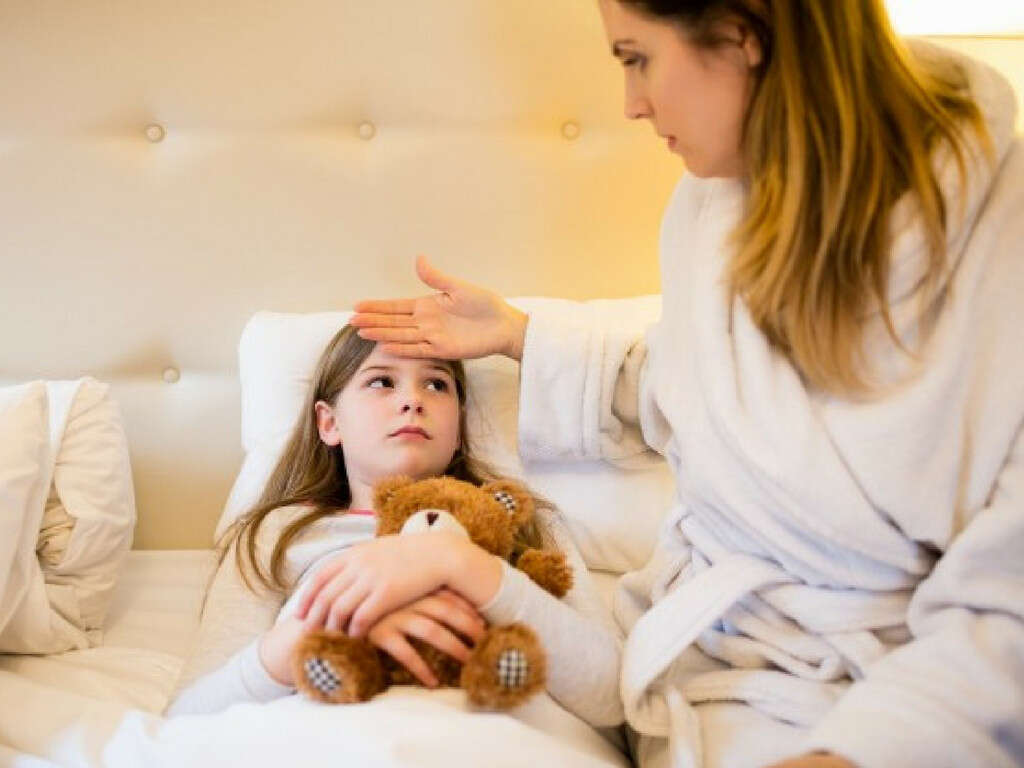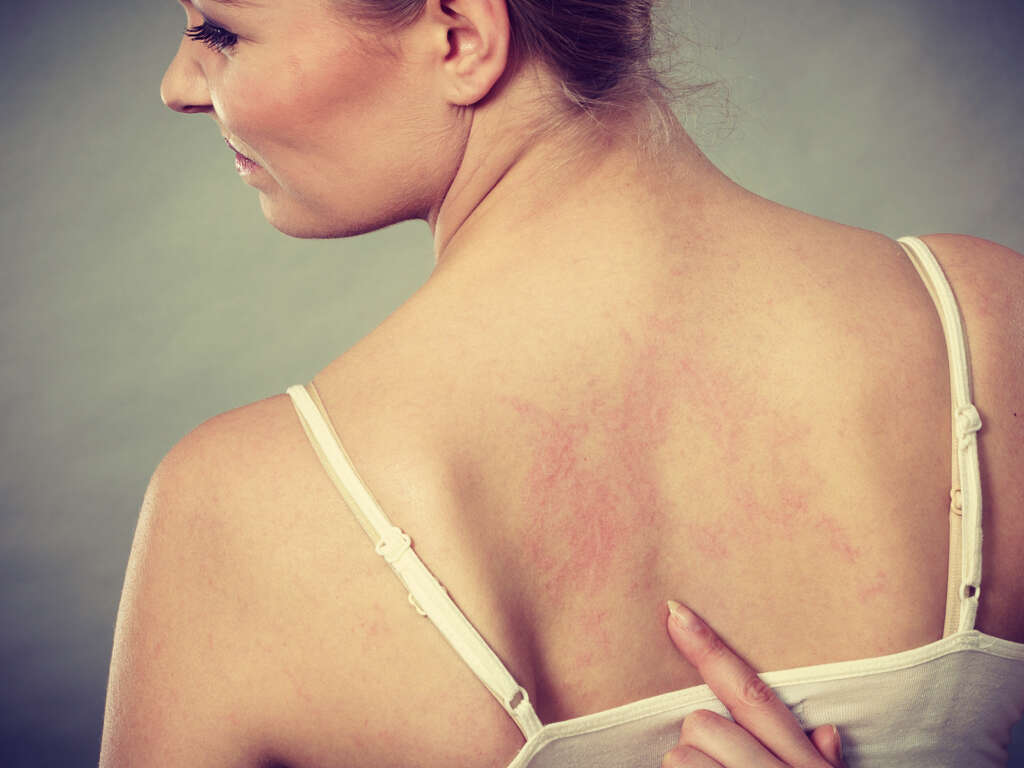What Is Roseola?
Some diseases are so common that most people will catch it at some point in their lives. Roseola is one such disease, and most people are expected to catch it when they are young. It is caused by a type of virus that itself is very common. Thankfully the disease is also usually very mild.
Most patients will feel only mild symptoms at the worst. Many will not even feel any symptoms at all. However, the disease will lead to some potentially very dangerous symptoms in a small number of cases, so advice from a doctor should be sought if the patient is showing worrying symptoms.
1. Roseola
Roseola is an infection that is most common in children under 2 years old. It can affect children of all ages, however, and it will also sometimes affect adults. It is thought that most children will have contracted the infection by the time they have entered kindergarten.
The symptoms are usually only very mild but it will be dangerous in a very small number of cases. In many cases, the patient will show few, if any symptoms at all. It will usually only last for a few days or so before the patient makes a full recovery. There are two strains of a virus that can cause the infection.
2. Herpes Virus
The herpes viruses are very common and are responsible for a wide range of ailments. Two strains of the virus, herpes virus 6 and herpes virus 7, can both be responsible for roseola. The virus is typically transmitted through infected saliva and nasal mucus when an infected person coughs or sneezes.
It can also be shared by sharing items like drinking vessels. The virus will still be contagious even in patients that are showing no symptoms. The disease can be contracted at any time of year, but outbreaks are uncommon. It will usually take between 1 to 2 weeks after the initial infection for the symptoms to appear.

3. Typical Symptoms
If/when symptoms do appear, they will typically include a fever. It will usually be a high fever and it can develop suddenly. The fever will usually last around 3 to 5 days. Other typical symptoms include a cough, sore throat, and a runny nose. These symptoms will sometimes show before the fever does.
Once the fever has subsided, another typical symptom will appear: A rash. The rash associated with roseola will typically include a lot of small patches or spots that are pink in color. Some of the spots may have a white ring around them, and the spots can be flat or raised. The rash will usually start on the torso, and will spread to the arms and neck. The rash can last from hours to days and is not itchy.
4. Other Symptoms
In addition to the typical symptoms mentioned, there are some other symptoms that a small number of patients will develop. None of these are likely to be harmful to the patient. One of the additional symptoms is that the patient’s eyelids can become swollen, but this is not uncomfortable for them.
Some will also have a mild case of diarrhea. Some will also lose their appetite, but it is important to try and ensure they still get the nutrition that they need. Young patients may also become uncharacteristically irritable. There is a small chance of complications developing in a small number of cases.

5. Complications
Roseola will sometimes cause the patient’s fever to spike suddenly. This can result in what is known as a febrile seizure. This means convulsions where their muscles will contract and relax rapidly, causing a series of rapid, jerky movements. The patient will be unconscious during the seizure, and they are also likely to lose control of their bladder and/or bowels.
As alarming as such seizures can be, they are usually quite harmless and the patient will make a full recovery shortly after. Regardless, it is still something that should be taken seriously and the patient should be found professional medical assistance immediately.
6. Pneumonia
The vast majority of the time there is no reason to be concerned about roseola, but some people will need to be careful about an infection. Our immune systems are usually strong enough to prevent serious problems, but not all people have an immune system that is strong enough.
In people who have weakened immune systems, the bacteria can cause an infection of the lungs, resulting in pneumonia. This is an inflammation of the lining of the lungs that will make it very difficult for the patient to breathe. Pneumonia can be fatal, so it should be treated as a medical emergency.
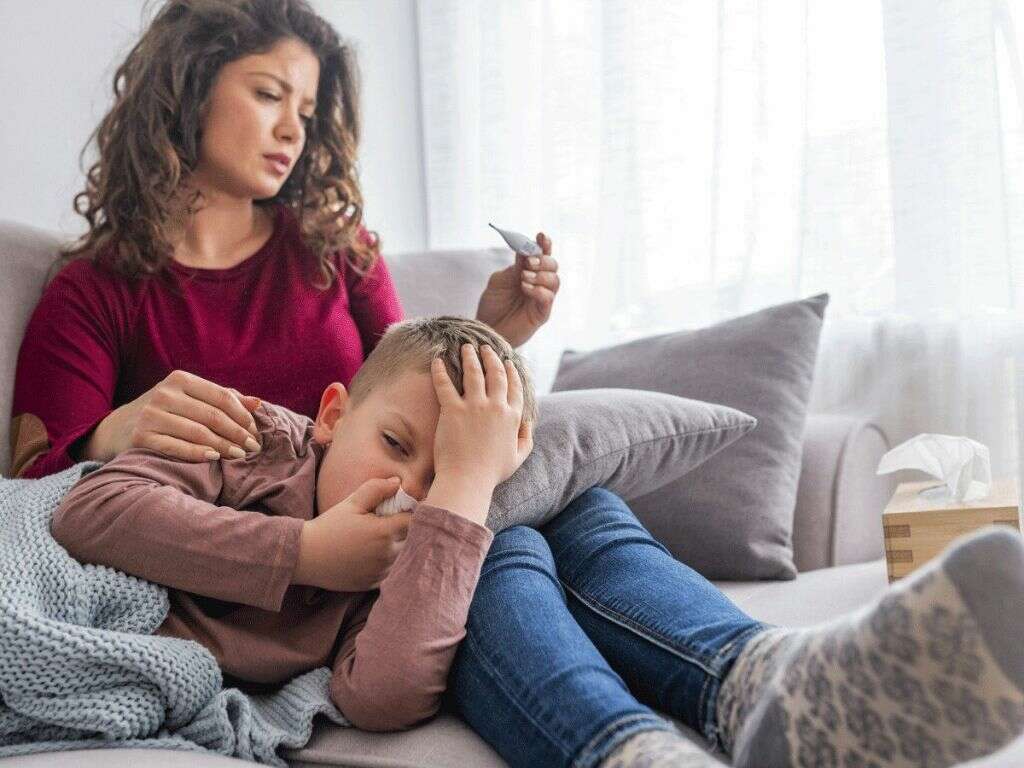
7. Encephalitis
Bacteria will infect pretty much any part of the body if given the opportunity to do so, and this includes our brain. If the brain does become infected then it will likely become inflamed. This will mean a condition known as encephalitis, and encephalitis is very dangerous indeed.
The symptoms of encephalitis will often be mistaken for the flu – but they will get considerably worse. The patient can begin to develop changes in their personality and they can also start having difficulty speaking. They can become weaker than usual and they can become confused. Encephalitis can also cause seizures, and a loss of consciousness. Encephalitis can be fatal.
8. Prevention
There is, as yet, no vaccine for roseola. Because it is such a low risk it is unlikely one will be developed any time soon, if at all. However, we can still help to limit the risk of getting ill by taking certain precautions, one of which is to wash our hands regularly using soap and water.
Soapy water is particularly effective against viruses because viruses have a protective layer made of lipids (fats). Soap dissolves this lipid layer, essentially causing the virus structure to fall apart. It is also advised to keep poorly children at home to help prevent the virus from being passed on to others.
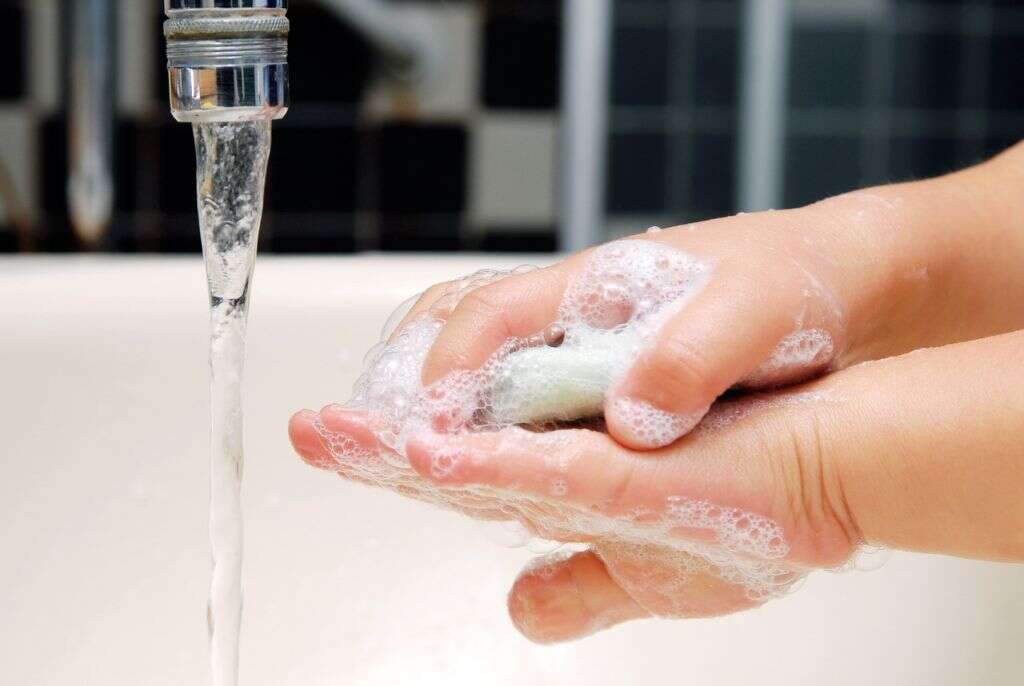
9. Diagnosis
Because roseola is usually mild, and causes symptoms similar to other mild diseases, it will often go undiagnosed. In some cases, the doctor may wish to wait for a few days to see if the rash associated with roseola appears. If/when the rash does appear then that is usually all that is needed to confirm the presence of the disease.
In some cases, a doctor might wish to confirm the diagnosis with a blood test. This is achieved by the patient providing a blood sample, which is then examined for signs of the antibodies that are produced to help fight the herpes virus 6 and herpes virus 7 vaccines.
10. Treatment
No treatment is provided for roseola. That is asides from treatment that can help to soothe the patient’s symptoms. The disease will usually be cleared up by the immune system within a week or so. It should be noted that aspirin should not be used for sick children because it can result in some very dangerous reactions.
Patients with roseola are generally requested to rest and take on plenty of liquids, and they should be monitored for signs of dehydration. If the symptoms do appear to be worsening and/or getting worse, then you should seek medical advice as soon as you are able. The patient should also be monitored in case their fever reaches too high, especially in vulnerable people.



